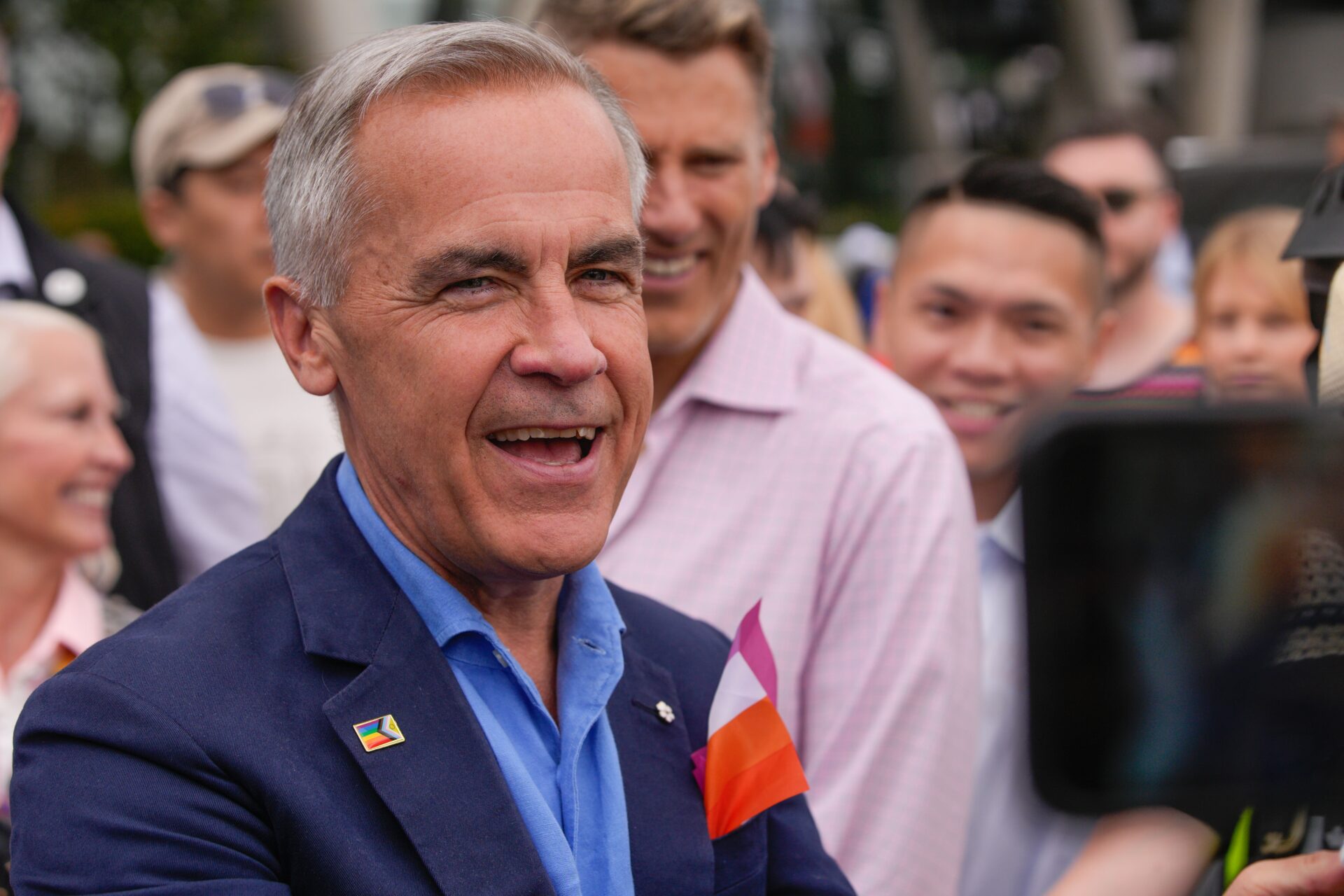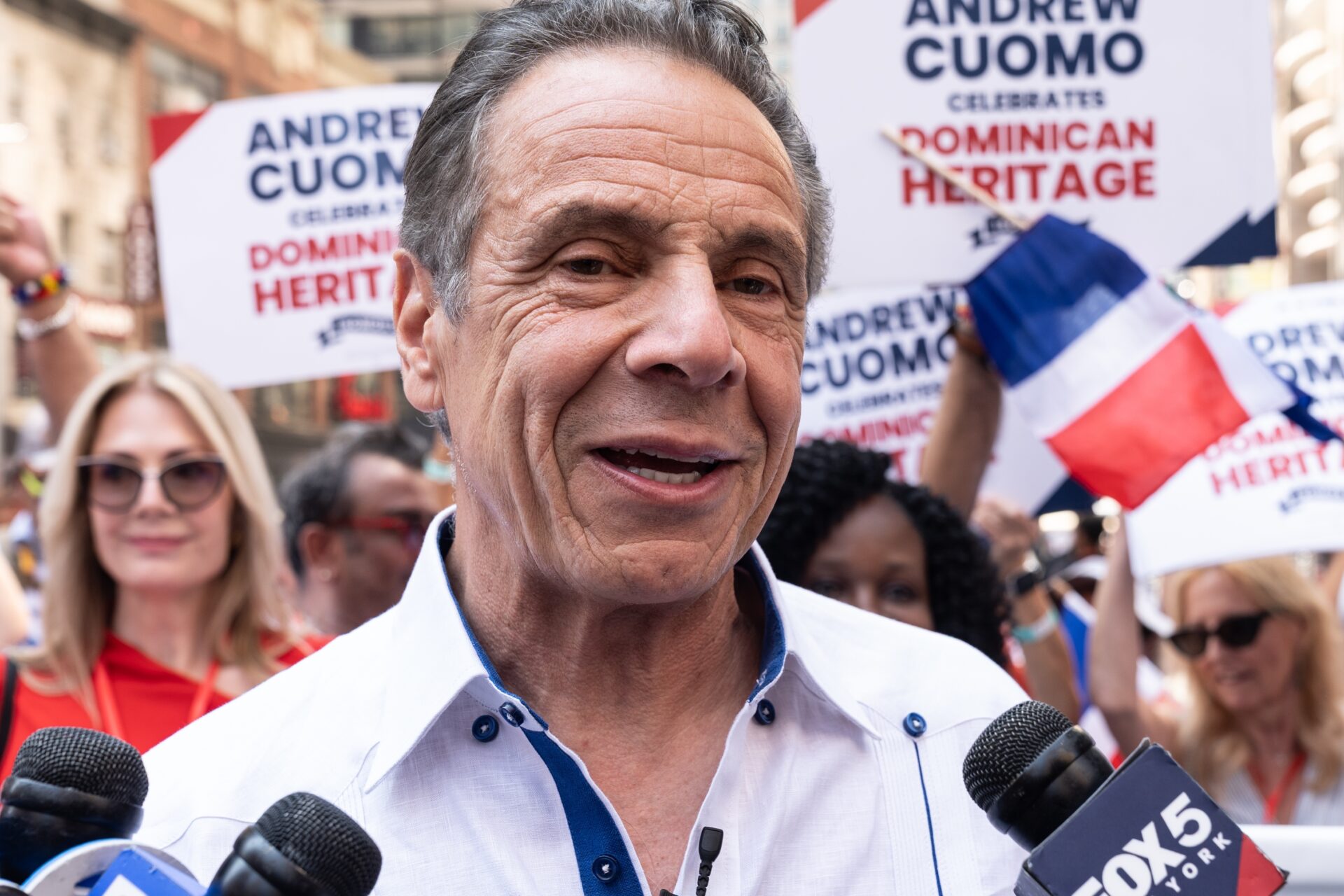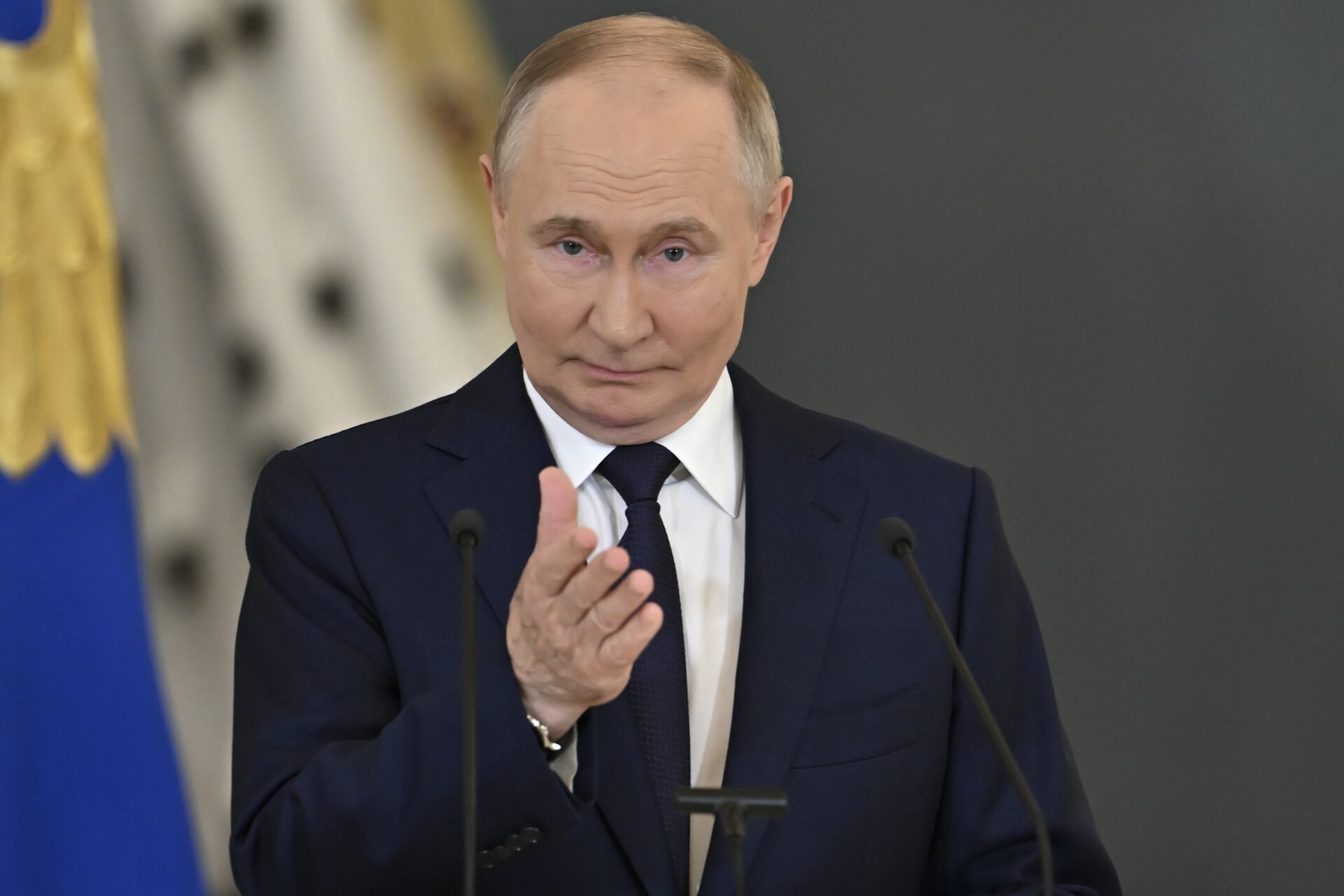
Shadow Role ROCKS Homeland Security!
Corey Lewandowski’s disputed role at the Department of Homeland Security is drawing bipartisan scrutiny as lawmakers probe whether his appointment broke federal ethics rules and national security safeguards.
At a Glance
- Corey Lewandowski appointed as a “special government employee” at DHS in early 2025
- Allegations say he exceeded legal limits and acted as Kristi Noem’s de facto chief of staff
- House Oversight Committee demanded DHS records by September 4
- DHS insists Lewandowski has no salary and time is tracked by a career official
- SGE loopholes raise national security and accountability concerns
Lewandowski’s Unusual DHS Role
Corey Lewandowski, best known as Donald Trump’s former campaign manager, assumed a part-time post at the Department of Homeland Security under Secretary Kristi Noem in early 2025. Officially classified as a “special government employee” (SGE), Lewandowski’s designation was intended to allow him to provide limited, temporary support. Federal rules cap SGE service at 130 days annually, with reduced restrictions compared to full-time government employees.
Yet accounts from DHS insiders and congressional staff suggest Lewandowski’s involvement went far beyond the scope of an SGE. Multiple reports claim he functioned daily as Noem’s chief of staff, participating in high-level policy meetings and exercising direct influence over departmental decisions. His continued ties to outside consulting and political networks further intensified concerns about conflicts of interest.
Watch now: Corey Lewandowski’s DHS tenure exceeds limit amid rumors #politics
Congress Investigates Ethics Gaps
By August 2025, Lewandowski’s position had become a flashpoint on Capitol Hill. On August 21, Representative Robert Garcia, ranking Democrat on the House Oversight Committee, requested detailed DHS records covering Lewandowski’s attendance, duties, and private activities. The request set a September 4 deadline for compliance, signaling that lawmakers were prepared to escalate if the department failed to respond.
Committee members framed the investigation as a test of government integrity, warning that the blurred boundaries of Lewandowski’s role risked eroding public trust. DHS has countered by noting that Lewandowski receives no compensation or federal benefits, and that his hours are documented by a career staff member. Still, critics argue that the absence of formal pay does not neutralize the ethical risks of a politically connected operative shaping national security policy from within.
The SGE Loophole Problem
The controversy has reignited debate over the special government employee system itself. Originally crafted to draw on external expertise for narrowly defined projects, the framework has been criticized for weak disclosure requirements and insufficient monitoring. Analysts point to previous episodes—including Elon Musk’s short-lived SGE designation and past scrutiny of Lewandowski himself—as evidence of systemic vulnerabilities.
At DHS, which oversees counterterrorism, immigration enforcement, and disaster preparedness, the stakes are particularly high. Critics argue that unchecked use of SGEs allows private business interests to overlap with national security decisions, undermining transparency. Calls are growing for reforms that would impose tighter limits on service duration, mandate stronger financial disclosures, and enforce stricter separation between public duties and private ventures.
Implications for Oversight and Values
Beyond the immediate questions of legality, Lewandowski’s appointment underscores the tension between executive flexibility and congressional oversight. For Democrats, the case illustrates the risks of partisan operatives shaping federal policy without accountability. For conservatives, it has sparked a parallel debate over government overreach, bureaucratic capture, and fidelity to constitutional checks.
The looming deadline for DHS’s formal response will mark a pivotal moment in the investigation. Whether or not the department provides full transparency, the controversy is already shaping the future of the SGE framework. Lawmakers across party lines are preparing proposals to strengthen guardrails on temporary appointments, aiming to ensure that national security posts remain insulated from private influence and political patronage.
Sources
Politico
Daily Beast
Axios
Reuters


